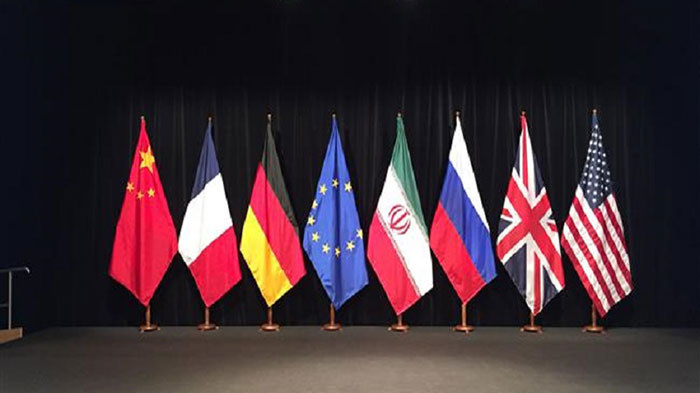JCPOA Still a Defensible Document

The nuclear deal, its track record and the United States’ perfidy has become the talk of the town in Iran. While the administration and MFA diplomats are trying to address other major issues pertaining to the country and the region, some individuals and parties spare no effort to challenge the achievements of the Joint Comprehensive Plan of Action altogether in a one-sided, unfair perspective. The US Treasury Department’s imposition of fresh sanctions on the pretext of missile tests together with big international banks’ unwillingness to resume ties with Iran have provided JCPOA opponents with a justification to see the empty half of the glass and take for granted the efforts made to relieve the country of sanctions and threats. The honesty with which the administration and foreign ministry reported the details of JCPOA implementation has also turned into the pretext for the surge in criticism coming from opponents.
However, the Joint Comprehensive Plan of Action is fully defensible in terms of “conditions and contexts”, “the process of the talks” and “its achievements”. As far as conditions and contexts, we should see what the conditions were when Iran accepted to start negotiations and sign a final agreement with the west. Before the deal, Iran’s political status had become so fragile that its enemies succeeded in giving an improper, horrible image of the Islamic Revolution – one of rebellious country, disturbing the status quo, seen as threat to the world and the region.
In terms of economy, Iran’s oil sales were affected by international sanctions, falling from 2.5 m bpd to 1 m bpd in less than two years. Given the progressive nature of the sanctions, if there were no deal, Iran oil exports would fall to almost zero. During the sanctions era Iran exported oil via some dealers, but it was becoming more and more difficult to compete regional rivals that were quickly advancing toward growth and development on the one hand and on the other hand, oil sales through nonofficial channels brought corruptions including those of Babak Zanjani and the missing oilrig. In terms of international financial transactions, international banks were banned from working with Iran and those doing so secretly or indirectly faced huge fines. Therefore, bad economic and political conditions persuaded the establishment to send its diplomats to the table in order to save the country from the dilemma and find a solution.
The talks themselves were fully based on the establishment’s redlines and goals as well as on national interests. From the very beginning, the nuclear deal was branded a win-win situation aimed at resolving the sides’ concerns not one ending in a triumph for one of the sides.
Finally, the deal’s outcome has lived up to expectations. The Iranian nation’s strategic demand for the recognition of the country’s absolute right to peaceful nuclear energy is now realized in commercial and industrial scales. Enrichment, a vital part of Iran’s nuclear program, continues to evolve, putting Iran among the producers of nuclear fuel. Iran’s humanitarian and peaceful image has shone on the global stage, making enemies, who considered every option on the table in their confrontation with Iran, to endorse Iran’s commitment to the deal and its undeniable role in the region. UN Security Council sanctions, secondary sanctions imposed against the Central Bank and commercial banks, oil sanctions, the secondary sanctions on investment in the country’s energy sector, secondary sanctions on the transport sector and Iran Shipping Lines are all lifted. The ban on money transfer has been revoked. The United States and Israel have lost legal disputes with Iran in international court, ordered to return Iran’s blocked assets. The ban on Iran to participate on regional summits has been lifted and the country has turned into an influential force in regional disputes.
Even though some restrictions, imposed on Iran in recent years, remain untouched for the most part and the opposite number has not fully implemented it commitments, Iran has its own leverage and the JCPOA is a defensible document that has given wing Iran, helping it return to regional rivalry.

